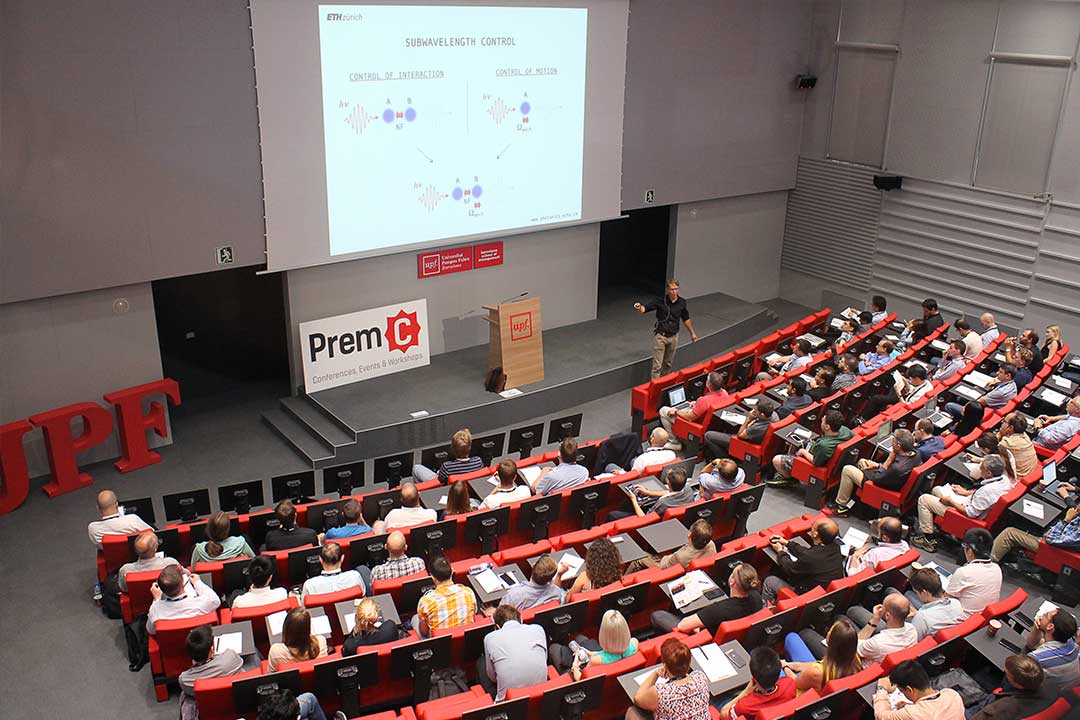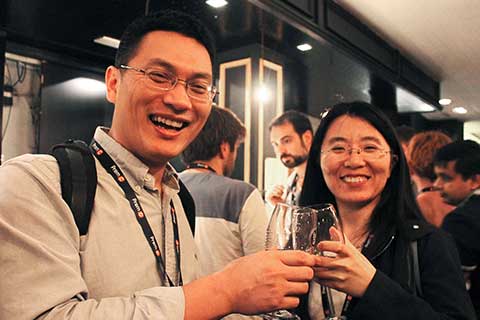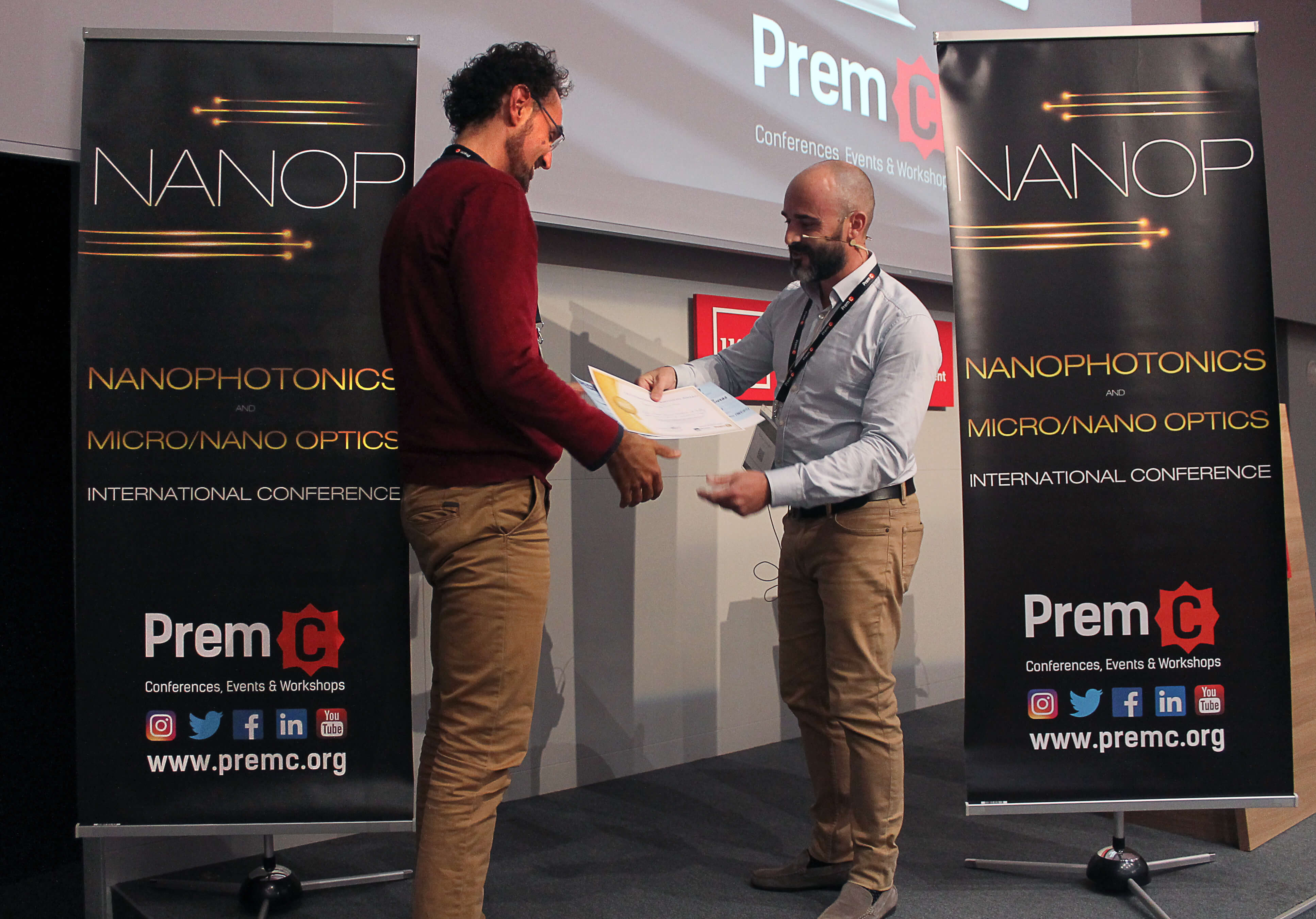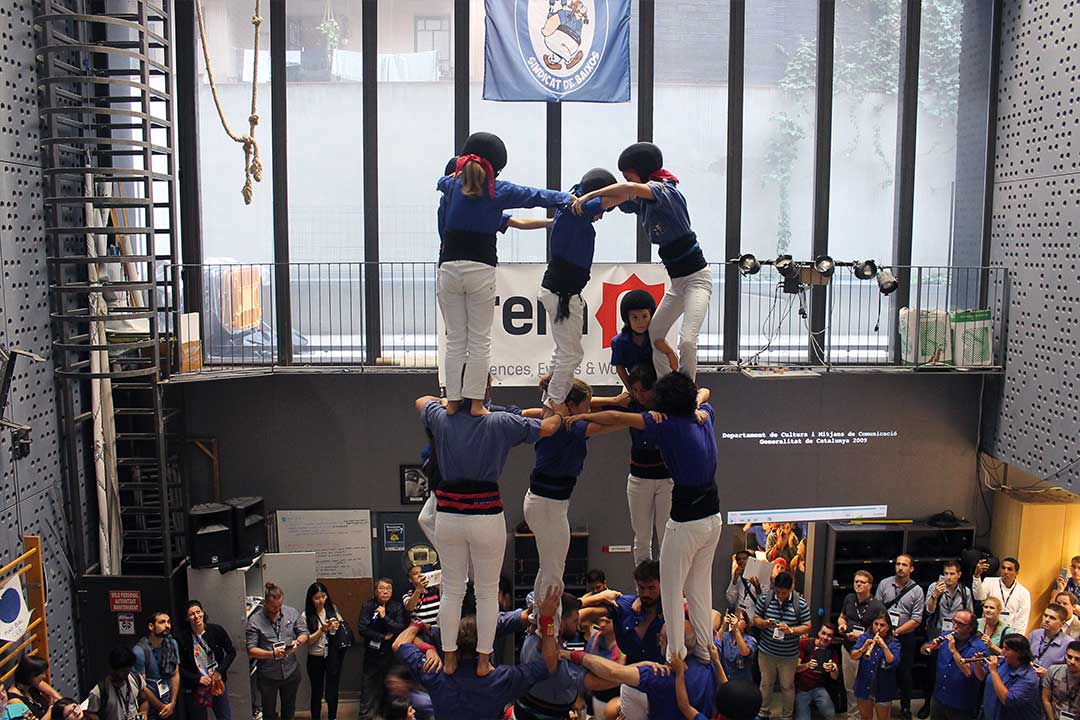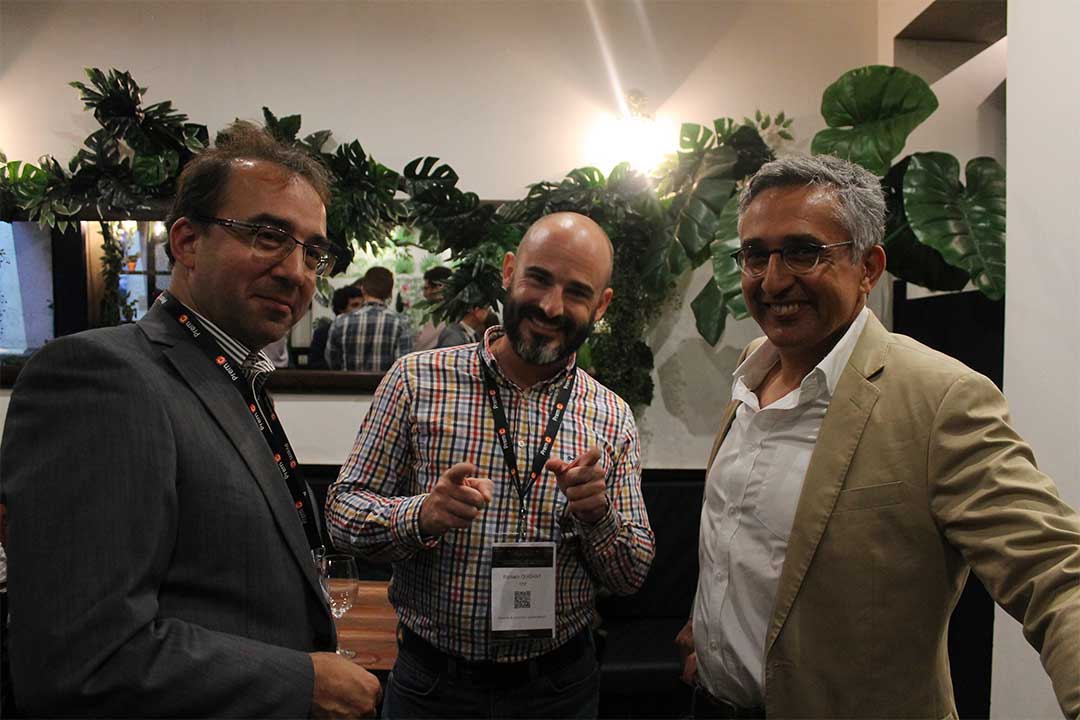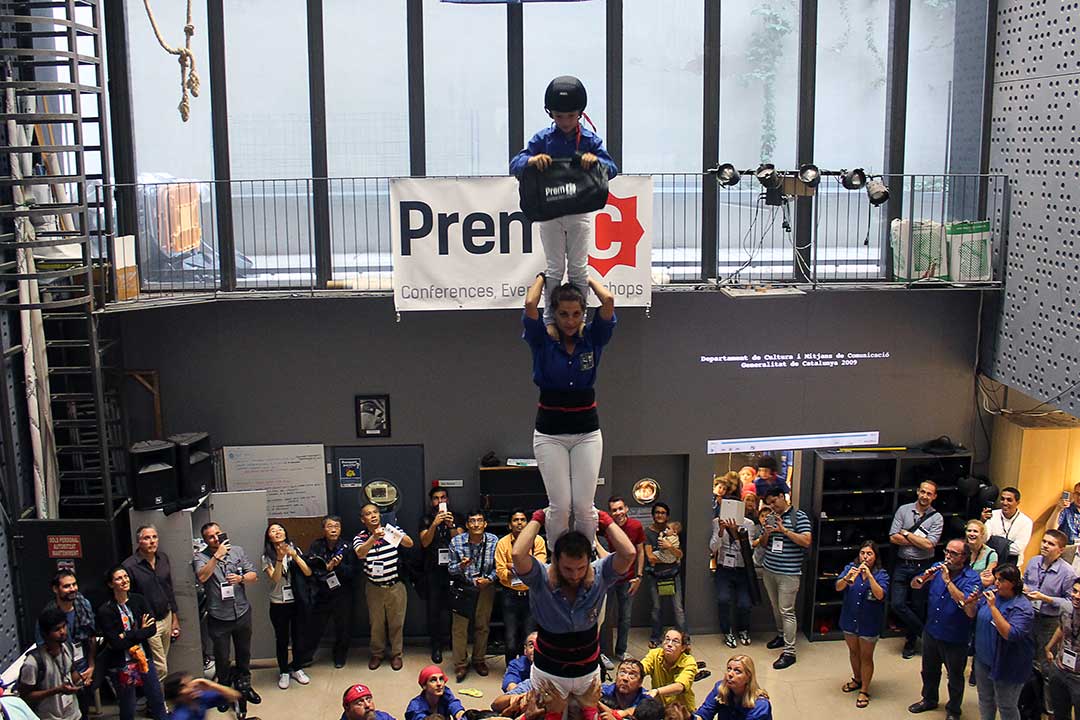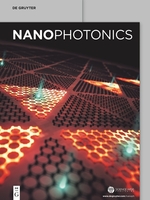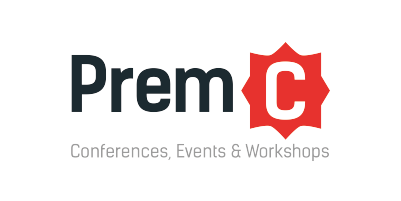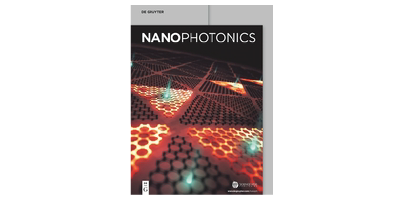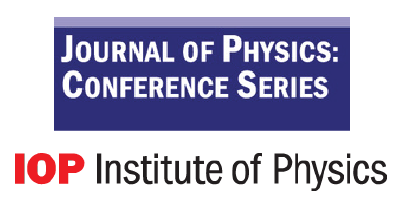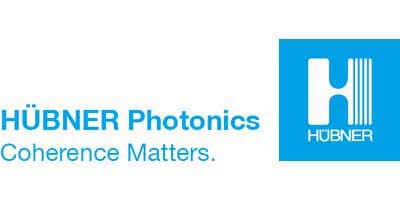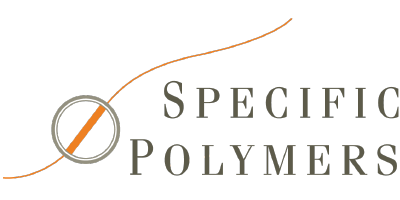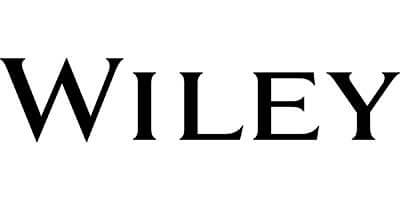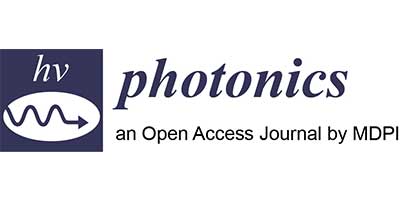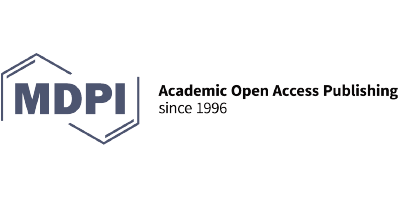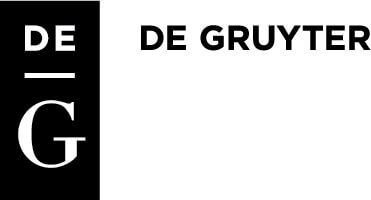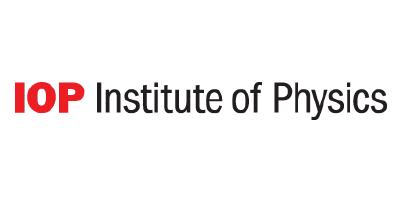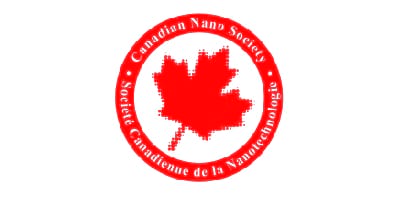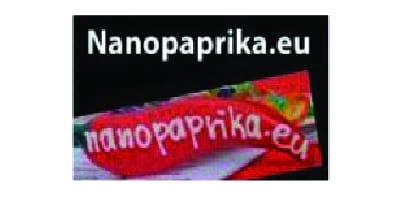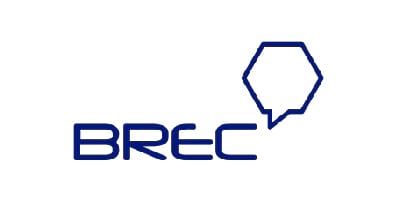Nanophotonics and Micro/Nano Optics International Conference 2017
NANOP 2017: Putting Nanophotonics to work.
Owing to the unique optical properties of nanometre-scale systems, Nanophotonics has become a very efficient tool to control light-matter interaction beyond the limit of diffraction. Recent developments in this field have shown the immense potential of nanophotonics to contribute to a wide spectrum of scientific disciplines, ranging from fundamental physics to optical engineering, and from biology to clean energies.
This second edition of the NANOP conference focuses on the transversal nature of Nanophotonics, by offering an international forum on the latest advances in the field from basic to applied research.
- TOPICS
- Photonic & plasmonic nanomaterials
- Optical properties of nanostructures
- Nonlinear nano-optics
- Quantum dots and colour centres
- Strong light-matter interactions at the nanoscale
- Metamaterials
- Enhanced spectroscopy and sensing
- Nano-Optomechanics
- Quantum nano-optics
- Nanoscale photothermal effects
- Nanomedicine
- Inverse design in photonics
CHAIRMAN
SCIENTIFIC COMMITTEE
PLENARY SPEAKERS
Dr. Patrice Genevet
University of Nice Sophia Antipolis/CNRS-CRHEA, France
Prof. Niek F. van Hulst
ICFO – the Institute of Photonic Sciences, Spain
Prof. Thomas Zentgraf
University of Paderborn, Germany
Dr Arseniy Kuznetsov
Data Storage Institute, Singapore
Prof. Francisco J. Garcia Vidal
Universidad Autónoma de Madrid, Spain
Prof. Christoph Langhammer
Chalmers University of Technology, Sweden
Prof. Harry Atwater
California Institute of Technology, USA
Prof. Arno Rauschenbeutel
Vienna University of Technology, Austria
Prof. Frank Vollmer
Max Planck Institute for the Science of Light, Germany
Prof. Vahid Sandoghdar
Max Plank Institute, Germany
Prof. Lukas Novotny
ETH Zürich, Switzerland
Prof. Juerg Leuthold
Swiss Federal Institute of Technology in Zurich, Switzerland
FULL PAPERS PUBLICATION
The full paper submission is optional: once your abstract has been accepted by the Scientific Committee and presented during the conference, you can choose whether to submit your full paper for publication or not.
The conference proceedings will be published by the Journal of Physics: Conference Series (IOP). Only authors whose abstracts have been presented at NANOP 2017 can submit the corresponding full paper to be considered for the Conference Proceedings. The full paper length is limited to 6 pages and authors must comply with the following guidelines when submitting: http://conferenceseries.iop.org/content/authors For each submitted paper, the referees will be appointed by the Conference Guest Editor Committee. Once the reviewing process is completed, the result will be notified to the author. The authors are required to follow the referees’ recommendations in order to improve their paper before the final submission. The full papers must be submitted and reviewed via an online platform (The platform link will be available after the conference) Important deadlines Guest Editor Dr. Muhammad Faryad, Department of Physics, Lahore University of Management Sciences, Pakistan Section Editor: OPTIK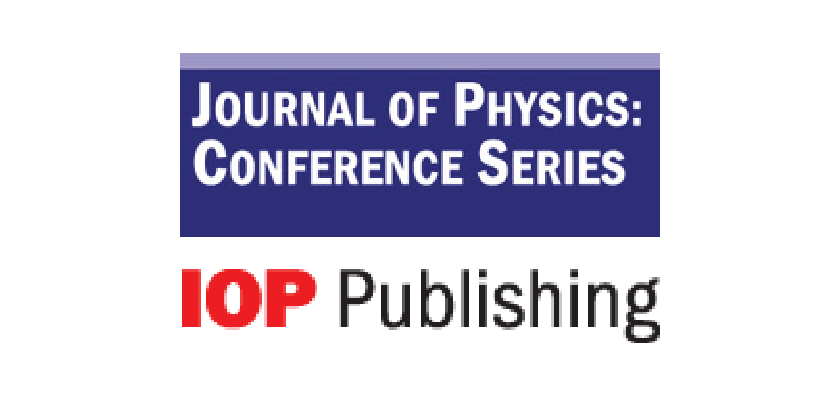 We are delighted to announce that the SCOPUS-indexed Journal of Physics: Conference Series (IOP) has been chosen as its publication partner this year.
We are delighted to announce that the SCOPUS-indexed Journal of Physics: Conference Series (IOP) has been chosen as its publication partner this year.
The Scientific Committee will notify the authors of the best abstracts who will have the opportunity to submit the corresponding full paper separately to be published in the Nanophotonics Journal edited by De Gruyter. We are delighted to announce a partnership between the De Gruyter, peer-reviewed, open access journal Nanophotonics (5-year IMPACT FACTOR: 5.372) and the Nanophotonics and Micro/Nano Optics International Conference 2017 (NANOP 2017). Authors of the selected abstracts submitted to the Conference are encouraged to submit their paper to form part of a Special Collection in the Nanophotonics journal. The publication fees will be waived for the 5 best abstracts. Important deadlines For full details on how to submit your paper to the journal, please refer to the Manuscript Submission Guidelines. When submitting your paper, please indicate that the paper is to be considered for this Special Collection. All papers will be peer-reviewed following the usual review process and criteria of the Nanophotonics journal. Nanophotonics looks forward to receiving your submissions and providing an outlet for your research.
GROUP PHOTO
University Pompeu Fabra, Barcelona
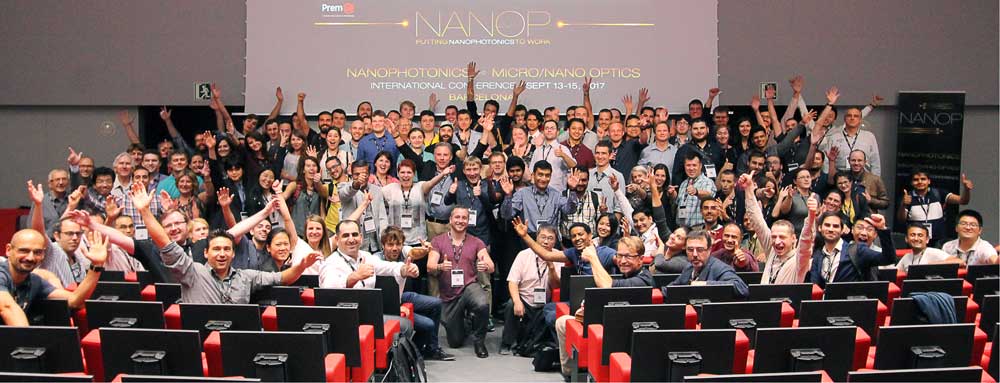
ORGANIZER
PUBLICATION
PREVIOUS EDITION
NANOP 2016 was held at the Pierre and Marie Curie University in Paris and was very successful.

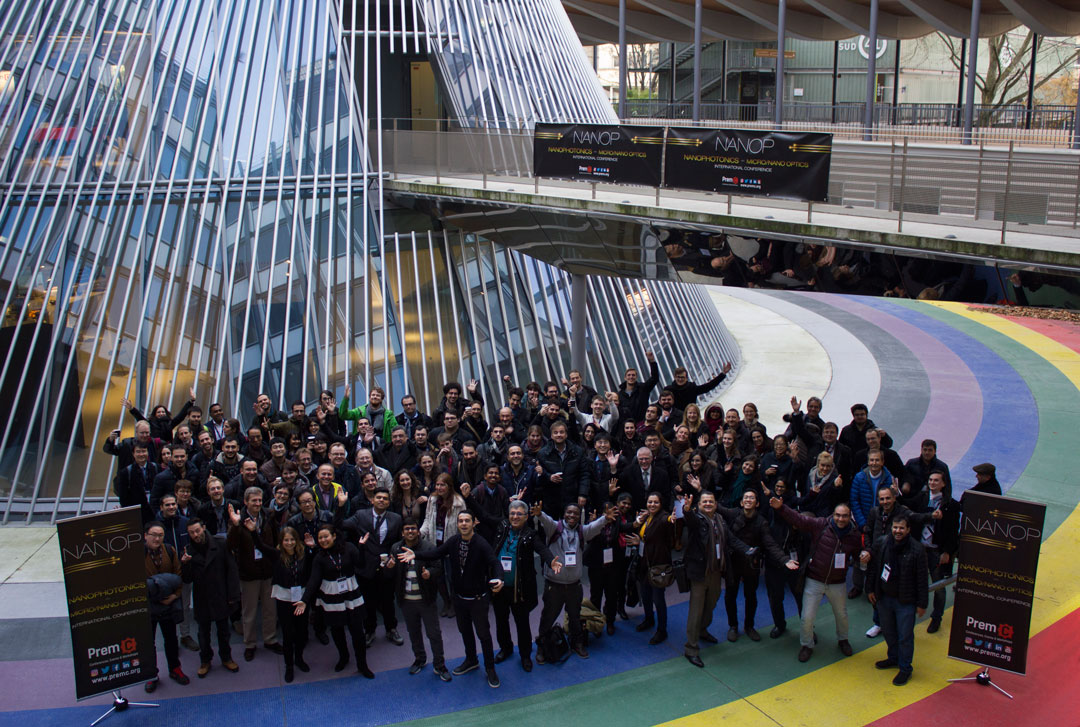

DESIGN YOUR EVENT!
Provide us with your suggestions and ideas regarding how to improve the conference and meet your expectations.

